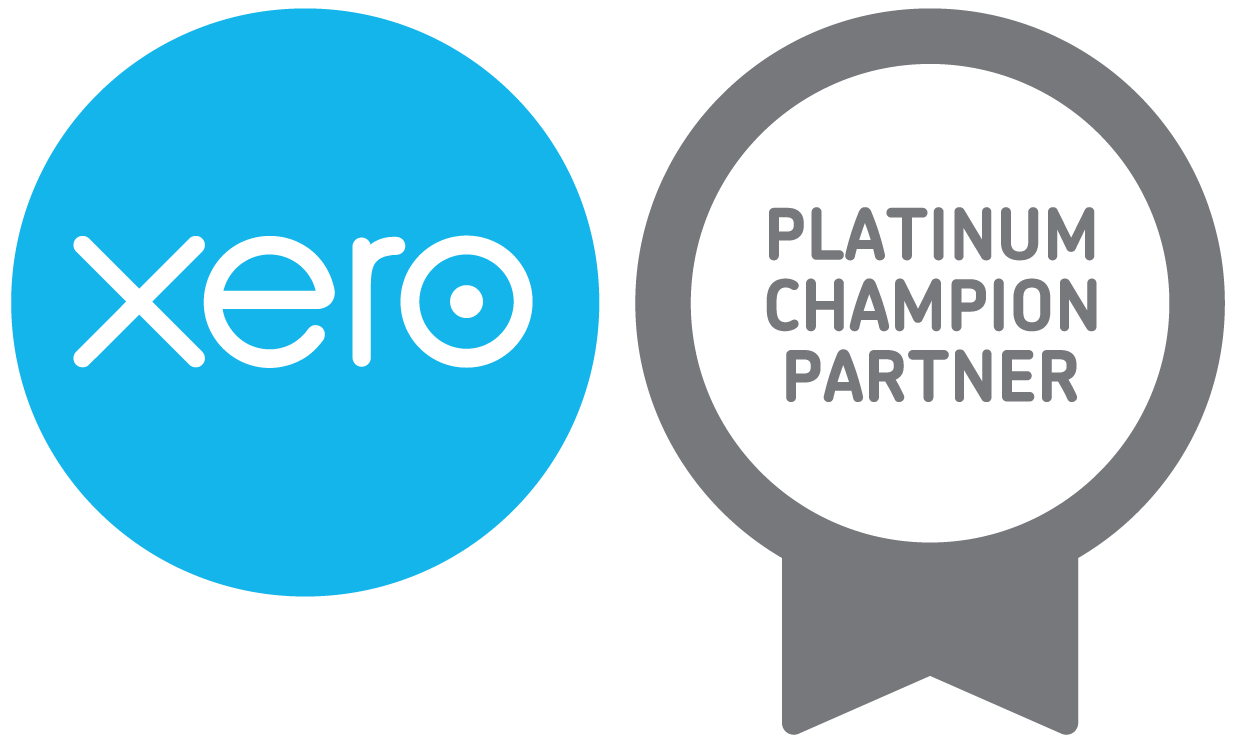Digital ID for Workers: What Small Businesses &Contractors Need to Know

When the Prime Minister announced plans to make digital identity cards mandatory for working adults, it captured headlines - and rightly so. For small business owners, freelancers, and contractors, this change may reshape how you verify identity, onboard staff, and manage compliance. In this blog, we break down what’s likely ahead, where the challenges lie, and what you can do now to stay ahead.
What’s being proposed (so far)
Those without a valid digital ID might be prevented from legally working in the UK. The proposal is being pitched as a tool to reduce illegal work, tighten border control, and streamline access to services.
The scheme is intended to build on existing “One Login” infrastructure. But significant details remain to be clarified: the timeline, scope, how it integrates with existing systems, exemptions, appeals, privacy safeguards, and more.
Why this matters to small businesses, freelancers and contractors
For many smaller firms and consultants, any change in identity verification rules is more than administrative - it’s structural. Here’s why:
- Onboarding & compliance risk You’ll likely need to confirm digital ID status before hiring or engaging a worker. If you fail, you may be liable
- System upgrades & integrations. Your HR, payroll, invoicing, or contractor platforms may need to talk to digital ID systems - that’s additional cost, effort, testing
- Data security & privacy. Handling personal identity data carries responsibility. Expect more regulation, audits, and possibly penalties if things go wrong
- Transition and exceptions. Not everyone may be able to adopt digital ID immediately (device access, connectivity, exclusions). You’ll need fall-back procedures
- Cost & administrative burden. Extra checks, staff training, verification steps - these add overhead, especially for smaller operation
In short, if you treat this as just another “new government rule,” you’ll miss the chance to plan.
What you can do now (before full rollout)
You don’t need to wait for legislation to start preparing. Here are steps you can take today:
- Evaluate your current identity checks. What do you require now (passport, driving licence, identity documents)? How robust are they?
- Speak with your software providers. Ask whether your payroll, HR or contractor systems already have or plan digital ID integrations.
- Design your business process flow. Think about where identity verification happens (before hire, contract signing, regular check-ins) — map it out.
- Plan for exceptions. Create procedures for those who cannot access digital ID immediately (e.g. no smartphone, poor connectivity).
- Budget & timeline. Consider how much you need to invest in upgrades or audits, and build that into your financial projections.
- Engage with your legal/compliance advisers. As legislation emerges, get ahead of interpretation and side-risks (liability, privacy laws, data breach obligations).
Balancing opportunity and caution
This isn’t purely a threat. A well-implemented digital ID system could bring benefits too:
- Faster, more secure identity verification processes
- Reduced fraud from forged documents
- Less administrative friction for long-term contractors
- Better alignment with digital government service
But the flip side is real: poorly implemented systems, unclear transitional rules, or weak compliance as the scheme rolls out can lead to legal, financial, or reputational risk for small businesses.
Final word & how we can help
Digital ID for workers is more than a political headline; it’s something that could reshape the way small businesses, contractors and accountants operate. We expect to see draft legislation soon, and we’re watching closely.
If you’d like help stress-testing your business for what’s coming, we’re here. Get in touch for a free, no-pressure chat, and let’s make sure you’re ready for whatever this change brings.
Discover more tax guidance articles.
We hope you find these summaries useful and do let us know if there is a topic you would like further information on – suggestions are always welcome!
David's Christmas Reflection 2025
As we reach the end of another year, I’ve been looking back at everything that has happened across Bernard Rogers & Co and the wider business world. It has been a year with no shortage of change, challenges and the occasional surprise, but also one filled with progress, good conversations and a few proud moments along the way.
5 Things Every Business Owner Should Do Before Breaking Up for Christmas
As the year draws to a close, many business owners find themselves trying to wrap up client work, manage staff leave, and plan for the new year - all while attempting to enjoy the festive season. December always feels short, and once schools break up, productivity often drops whether we intend it to or not.
Rising Costs on the Farm: How to Stay Profitable When Margins Are Tight
Farming has always been about resilience; adapting to challenges, managing uncertainty, and making the best of...
Contact us for a free, informal chat.
Message us today to explore tailored solutions that meet your unique business needs.




